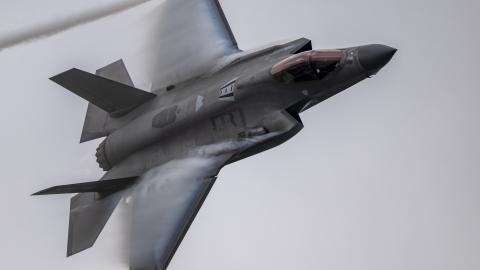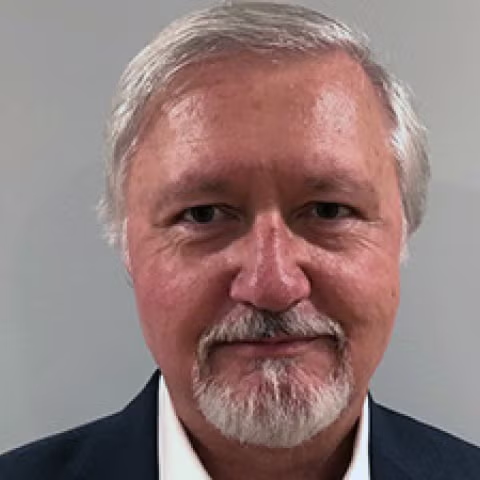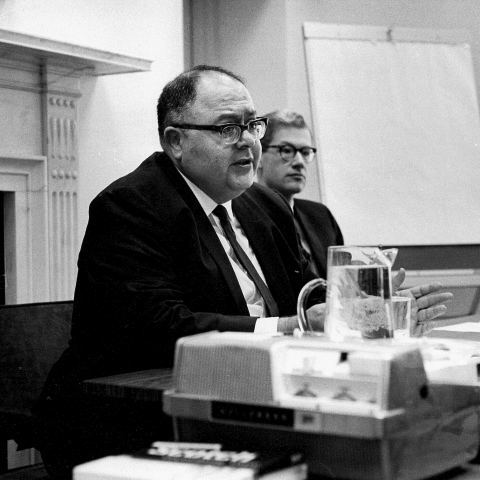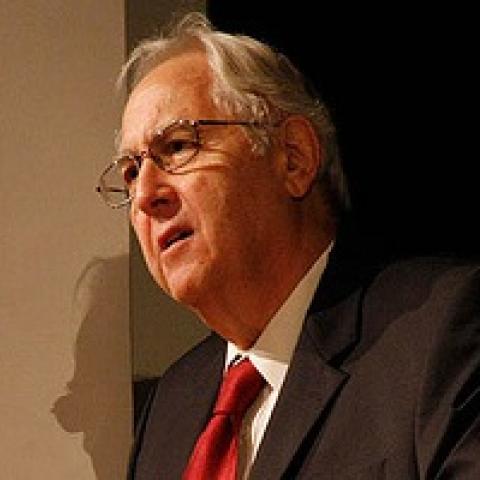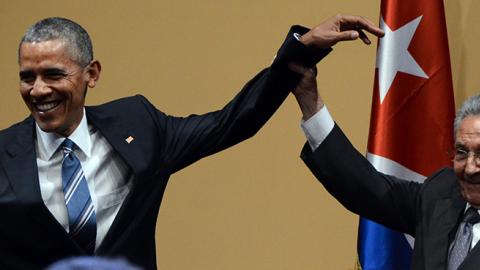Each year, the National Security Council performs an annual review of U.S. Cuban policy. Today’s New York Times reports that President Trump is debating whether or not, or just how much, to roll back the opening to Cuba instituted by Barack Obama in 2014, which culminated with the restoration of full diplomatic relations with Cuba in 2016.
Because Obama acted without going to Congress, and depended on the opening by the use of executive actions, as NPR reported in November of 2016, “Donald Trump could easily undo Obama's actions” -- precisely what he promised he would do during the campaign. Peter Quinter, who once worked in Miami for U.S. Customs enforcing the boycott of Cuba, now heads the Customs and International Trade Law Group and lobbies for businesses seeking investment in Cuba. He told NPR:
If the Trump administration reverses course … it will be back to the way it was, which is not good for the Cuban people or the American people.
The debate boils down to a fight between fiercely anti-Castro regime members of Congress -- such as Marco Rubio and Robert Menendez -- and various Cuban émigré groups, and those in Congress and the business community who strongly favor maintaining the opening. The division is not a simple one with Republicans on one side and Democrats on the other. Rep. Tom Emmer of Minnesota and Rep. Reid Ribble of Wisconsin, both Republicans, strongly supported the Obama opening, as does Sen. Jeff Flake of Arizona, who hopes that eventually Congress can be persuaded to lift the still-existing embargo on Cuba.
The major argument against the Obama policy is the persistence of repression against advocates of democracy in Cuba by Raul Castro’s regime.
The Center for a Free Cuba in Washington, D.C. notes that since January of this year, 1867 dissidents have been arrested. Just last week, Amnesty International announced that a provincial court in Holguin ratified the March 20 sentence of human rights advocate Dr. Eduardo Cardet to three years in prison -- he had given interviews to international media in which he was critical of the Cuban government. Cardet was pushed off a bicycle he was riding by four plainclothes police in November of 2016, and was charged with attacking an official of the government. Cardet heads the Christian Liberation Movement, one of the active pro-democracy groups on the island, which advocates peaceful, democratic change and eschews violence.
The persistence of repression despite the opening is largely the fault of how the Obama administration handled negotiations with Cuba. Obama did not ask the Cuban government to do anything in return for a changed U.S. policy, such as releasing all political prisoners, ending human rights abuses, and halting arrests of democracy advocates.
President Trump now seeks to raise the human rights issue, an act of hypocrisy given that, in his modus vivendi with Saudi Arabia and Turkey, two regimes guilty of great abuse of human rights and the constant repression of any opposition whatsoever, Trump said nothing. Such a claim might interfere with allies whom he courted to join the U.S. in the fight against Islamic radicalism.
Now Trump faces opposition to a return to the pre-opening days, especially from the American business community. Some in the government have argued that the U.S. and Cuba now cooperate on intelligence-sharing, drug interdiction, and scientific research, among other things. Should a new get-tough policy be reintroduced, all of that would come to an end. Advocates such as Rubio correctly note that the deals being made by companies, especially hotel groups, are only being made with the Cuban military, which owns many of the properties.
The other area Trump is contemplating is a reduction in the swell of U.S. tourism to Cuba. Now virtually any U.S. citizen can travel there if he or she checks one of 12 categories considered educational or cultural. Reversing this policy would, as the Times report says, “slow the recent influx of American tourism to Cuba to a trickle.” That would quickly affect American airlines and the cruise industry, as well as scores of travel agencies that offer trips to the island.
When push comes to shove, that might be the very reason that Trump will not be able to meet the desires of opponents of the new policy. Take the cruise industry: the leading cruise companies -- Carnival, Royal Caribbean, Celebrity, Oceania, MSC and Norwegian Cruise Lines -- have added scores of cruises to Cuba between now and 2019. Norwegian’s chief executive, Frank Del Rio, told Bloomberg Business Week
We bring our own infrastructure, all the comforts of America. The imbalance the airlines found is not at work for the cruise industry.
The Cuban born executive, whose family fled in 1961, notes:
Havana is a brand. Like all superstar brands, people are just naturally attracted to it.
Despite his awareness of the possibility of impending changes in policy, it is his industry’s hope that “a lucrative start might make it unpalatable for the president to demolish his predecessor’s policy,” as attorney Robert Muse put it. While American standard hotels have sky-high prices, and many tourists will not risk renting an Airbnb or a particulares, a home or apartment rented out by a Cuban citizen, cruise ships give tourists the accommodations they are used to without the risk of loss of power for air conditioning or inferior service.
Another indication of how much the business community wants the opening to succeed is a little-known monthly magazine, Cuba Trade: The Magazine for Trade and Investment in Cuba I only found out about the glossy 100-page monthly because I found it next to Time on sale at an airport terminal. It features stories about the prospects for a financial windfall, and ads from firms informing business leaders how their agencies can help them get into the Cuban market. The National Association of Wheat Growers, for example, has a full-page ad in the May issue with the message: “It’s Time to End the Embargo.”
Stories in the March issue include the connections between the city of Tampa, Florida and Havana, Cuba; the main sectors for investment in Cuba; and how Congress alone can end the economic embargo against Cuba. Ironically, trying to show that the American people also endorse this goal, the magazine features a color photo of an anti-embargo demonstration at the Cuban Embassy in Washington, D.C. It is, however, a photo of a demonstration by the revolutionary communist group International answer -- hardly a representative group of regular Americans.
Which way will Donald Trump go when he makes his decision about Cuba? He has to consider the arguments of those who favor engagement and argue that Cold War concerns no longer have merit, and those who argue that the regime is still Communist, makes the profit for itself while its citizens receive an average wage of $20 per month, and uses the benefits of the opening to tighten its control, making reforms even more difficult than ever.
The latest word is that Trump will make some decision early in June. When he does, especially if he splits the difference, both sides will more than likely be disappointed.






